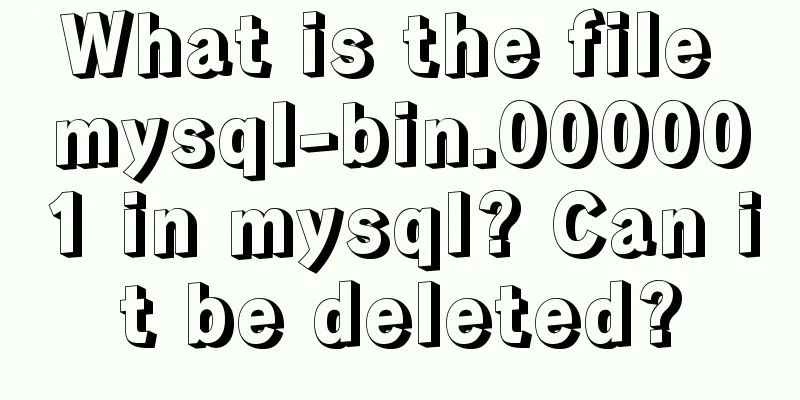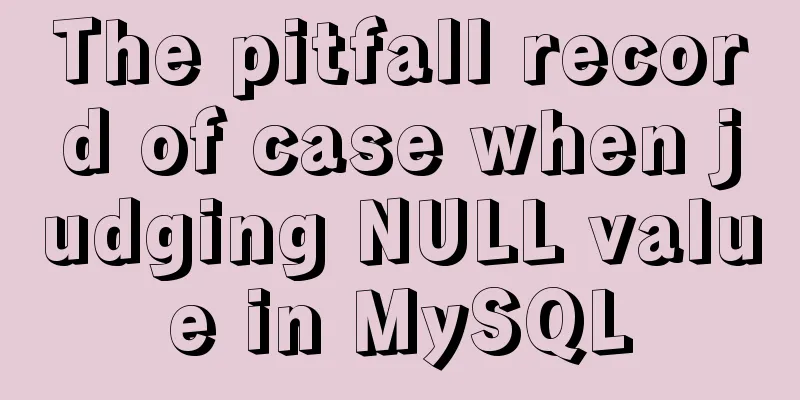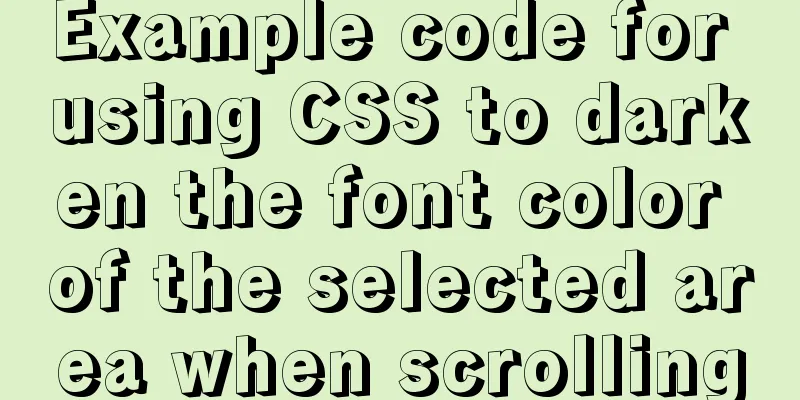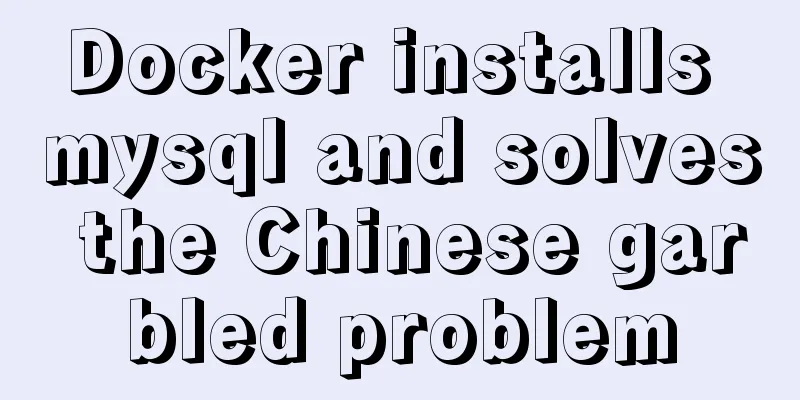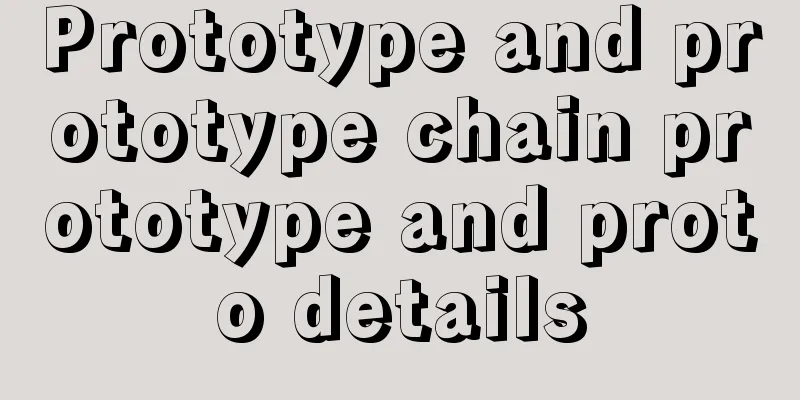The HTML 5 draft did not become a formal standard
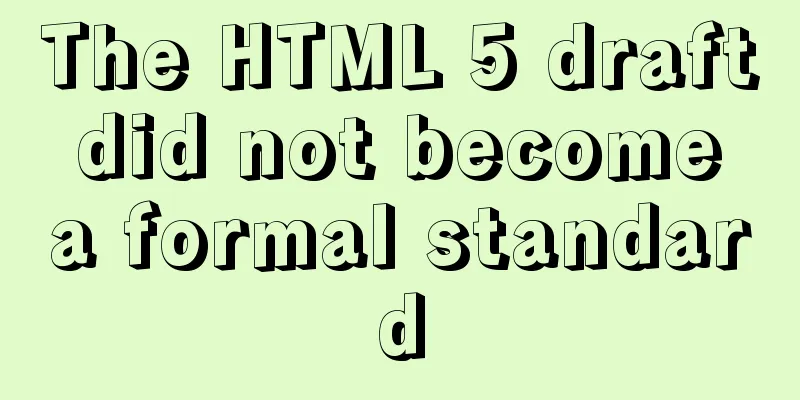
|
<br />Yesterday I saw at W3C that the new HTML 5 draft (Working Draft) was released on June 10th. I took a quick look at the new version documentation it provided and made some notes: The HTML 5 draft did not become a formal standard <br />Quote: Publication as a Working Draft does not imply endorsement by the W3C Membership. Publishing as a "Draft" does not imply endorsement (support) by W3C members. The HTML 5 specification will not be considered finished before there are at least two complete implementations of the specification. The HTML 5 specification will not be finalized until at least two software implements it. XHTML 1 was released in 1999, but it took two or three years to gain full support, and it was only recently, nearly a decade later, that it was fully promoted. So it will take some time before HTML 5 is supported (especially by that "non-mainstream" browser). According to the schedule of the W3C HTML working group, there will be no official finalization until 2010. A surprisingly simple DOCTYPE declaration <!doctype html> It's that simple, haha. Also, there is no distinction between uppercase and lowercase. It is worth mentioning that the specification requires that if this DOCTYPE is declared, the so - called "custom HTML syntax" can be used, that is, the previous HTML syntax that does not require tag closing. At the same time, it still allows XML format syntax like XHTML , in which case you need to declare the DOCTYPE of the XML document instead of the above. Forward Compatibility The HTML 5 specification does not have "deprecated" elements because on the one hand it requires designers not to try certain elements, but on the other hand it requires browsers to support these elements. In this case, my intuition is that it is intended to support all previous web pages written in HTML or XHTML . This is a blessing for designers, as they are no longer restricted by the strict syntax of XHTML . Deleted elements <br />Of course, these elements are relative to HTML 4, but it can also be seen that HTML 5 is not a simple regression to HTML 4. It still adheres to some important spirits of X HTML , such as pure interface presentation elements should be abandoned and CSS should be used. The following elements are discarded because their effect is purely presentational and therefore better handled by CSS: basefont / big / center / font / s / strike / tt / u The following elements were discarded "because their usage affected usability and accessibility for the end user in a negative way": frame / frameset / noframes The following elements were discarded "because they have not been used often, created confusion or can be handled by other elements": acronym/applet/isindex/dir What I want to explain here is that acronym is recommended to be replaced by abbr. But it seems that in IE, abbr is not as easy to use as acronym. For details, see the HTML test document at http://www.mikkolee.com/3. Use object instead of applet. This label has long been abandoned. However, when I was learning HTML , every book mentioned this applet. At that time, everyone was full of longing for Java applet, but now it has quietly withdrawn from the stage of history, which is quite emotional. isindex and dir. I won’t talk about these two here, as they are no longer recommended in HTML 3. More new elements HTML 5 introduces many new elements, which I will not list here. Please see http://www.ibm.com/developerworks/cn/xml/x-html5/. If you are interested in more about HTML 5, there are some related articles listed at the bottom of this article that you can also check out. Original text: www.mikkolee.com/22 |
<<: MySQL 8.0.21 installation steps and problem solutions
>>: Summary of commonly used performance test scripts for VPS servers
Recommend
Two ways to make IE6 display PNG-24 format images normally
Method 1: Please add the following code after <...
Detailed explanation of script debugging mechanism in bash
Run the script in debug mode You can run the enti...
How to manually scroll logs in Linux system
Log rotation is a very common function on Linux s...
How to install MySQL Community Server 5.6.39
This article records the detailed tutorial of MyS...
How to use nginx to block a specified interface (URL)
1. Introduction Sometimes, after the web platform...
Installation steps of docker-ce on Raspberry Pi 4b ubuntu19 server
The Raspberry Pi model is 4b, 1G RAM. The system ...
JavaScript implements AI tic-tac-toe game through the maximum and minimum algorithm
Without further ado, let’s run the screenshot dir...
How to add Nginx to system services in CentOS7
Introduction After compiling, installing and solv...
Examples of 4 methods for inserting large amounts of data in MySQL
Preface This article mainly introduces 4 methods ...
MySQL complete collapse query regular matching detailed explanation
Overview In the previous chapter, we learned abou...
How to stop CSS animation midway and maintain the posture
Preface I once encountered a difficult problem. I...
MySQL uses the Partition function to implement horizontal partitioning strategy
Table of contents 1 Review 2 Five strategies for ...
Use of Linux file command
1. Command Introduction The file command is used ...
Delegating Privileges in Linux Using Sudo
Introduction to sudo authority delegation su swit...
How to hide the text in the a tag and display the image? Compatible with 360 mode rendering
Often you will encounter a style of <a> tag ...



